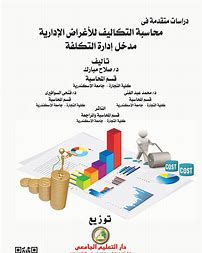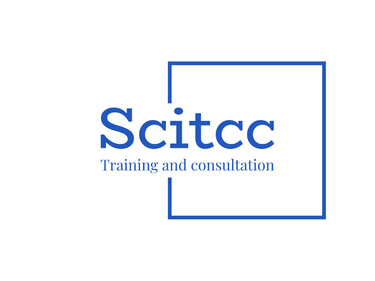
Improving Managerial Accounting: Advanced Strategies and Techniques
Improving Managerial Accounting: Advanced Strategies and Techniques
$3500.00
The objective of the course:
Introducing participants to advanced concepts of managerial accounting: Understanding strategic frameworks and advanced financial analysis techniques.
Enhancing the participants' ability to use management accounting tools to improve decision-making within the organization.
Applying modern management accounting strategies and techniques to face contemporary challenges.
Developing participants' skills in using financial data to analyze financial performance and make precise strategic decisions.
Target audience of the course:
Finance and accounting managers: Those who wish to improve management accounting strategies in institutions.
Business analysts and financial accountants: Those looking to acquire advanced skills in financial analysis and strategic decision-making.
Financial and administrative consultants: Those who work on improving financial performance and cost management.
Specialists in strategic planning and management: Those who wish to apply the concepts of managerial accounting in business management.
Learning method:
Theoretical lectures: Detailed explanation of strategic concepts and advanced techniques in managerial accounting.
Real case studies: By analyzing real situations in the field of managerial accounting to illustrate how advanced techniques are applied.
Workshops: Practical training on tools and techniques of managerial accounting such as cost analysis and financial performance analysis.
Interactive sessions and discussions: To enable participants to exchange experiences and ideas and ask questions.
Financial performance evaluation exercises: Training on how to evaluate financial performance using consolidated financial data and cost analysis.
Group projects: To apply what has been learned in developing real strategies that can be implemented in different work environments.
The Five-Day Schedule:
Day One: Introduction to Advanced Managerial Accounting
Definition of managerial accounting and its objectives.
The difference between financial and managerial accounting.
Management accounting strategies in institutions.
Day Two: Cost Analysis and Customization Techniques
Types of costs: fixed, variable, and mixed.
Methods of cost allocation.
Break-even analysis and initial costs.
Day Three: Financial Forecasting and Budget Planning
Financial forecasting techniques.
Budgeting strategies and variance analysis.
The use of modern software in financial forecasting.
Day Four: Financial Analysis and Investment Evaluation
Analyzing financial performance using financial ratios.
Evaluating project investments using techniques such as Net Present Value (NPV) and Return on Investment (ROI).
Applying financial models to data analysis.
Day Five: Modern Strategies in Managerial Accounting
How to integrate financial analysis with business strategies.
Using information technology to improve management accounting.
The application of managerial accounting in organizational strategies.
Evaluation method:
Short tests after each training day.
Final project to apply the concepts and strategies that have been learned.
Self-assessment by participants regarding the improvements they can implement in their work based on the course.


